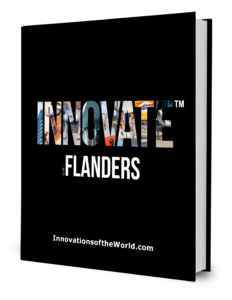The University of Antwerp serves as a gateway for future innovations, playing a pivotal role within Antwerp’s thriving innovation ecosystem and beyond. It contributes significantly to driving innovation and fostering societal and economic impact, further solidifying its position as a pioneer in cutting-edge research and innovation.
A key driver in this process is the Valorisation Office, which actively supports researchers from both the University of Antwerp and university colleges, facilitating the translation of academic research into market-ready solutions. Through various initiatives, such as the “DeepDive into Business” programme organised in collaboration with the Antwerp Management School, researchers are equipped with the tools to transform their ideas into solid business cases.
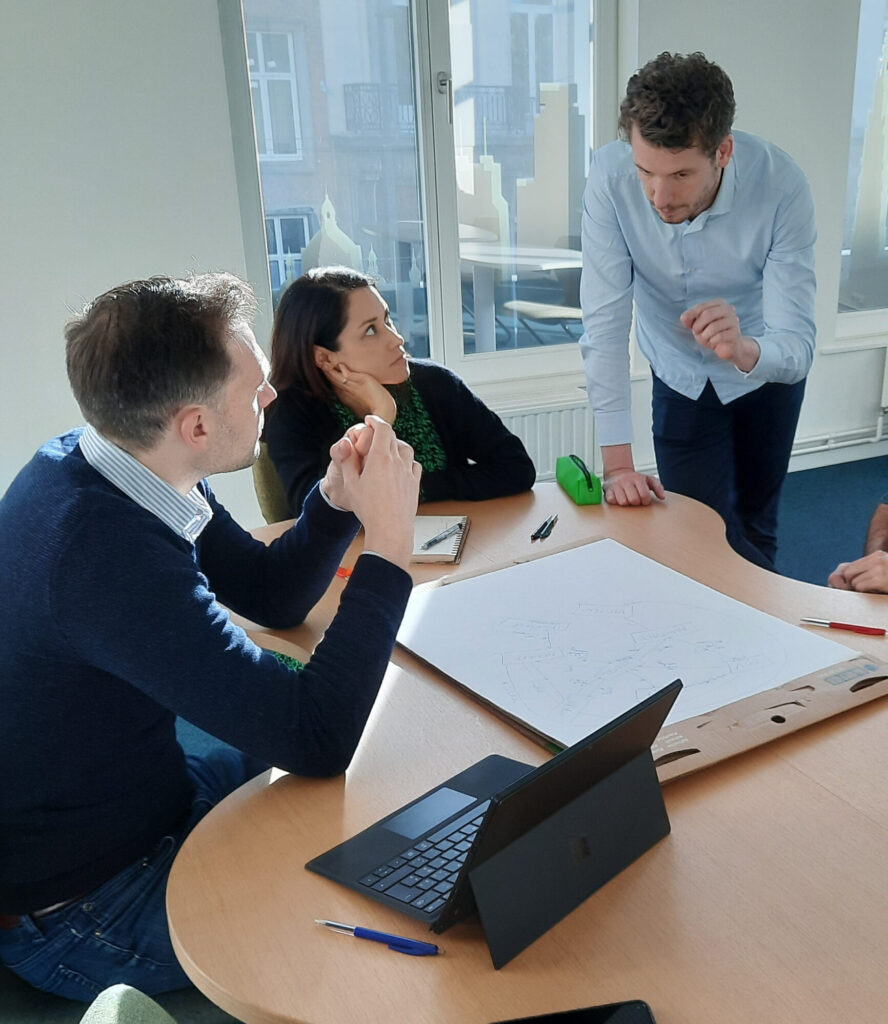
A growing spin-off community
The commitment to fostering entrepreneurship is reflected in the university’s growing number of spin-offs. These spin-offs are dedicated to creating impactful solutions across various domains. The University of Antwerp is at the very heart of a vibrant spin-off community to strengthen business relationships, facilitate collaboration, and enhance knowledge sharing among its members.
While the university and its spin-offs span a wide range of research areas, this article highlights three spin-offs in the health sector, sharing their experiences of how the support from the university and the dynamic Antwerp innovation ecosystem helped them turn their research into real-world impact.

Amber Therapeutics was established as a joint spin-off of the University of Oxford, Queen Mary University of London, the University of Antwerp, and Antwerp University Hospital (UZA). The company is at the forefront of developing the first adaptive neuromodulation therapy for women suffering from mixed urinary incontinence. This innovative therapy adjusts in real-time to the patient’s condition, offering a groundbreaking solution in the field of women’s health.
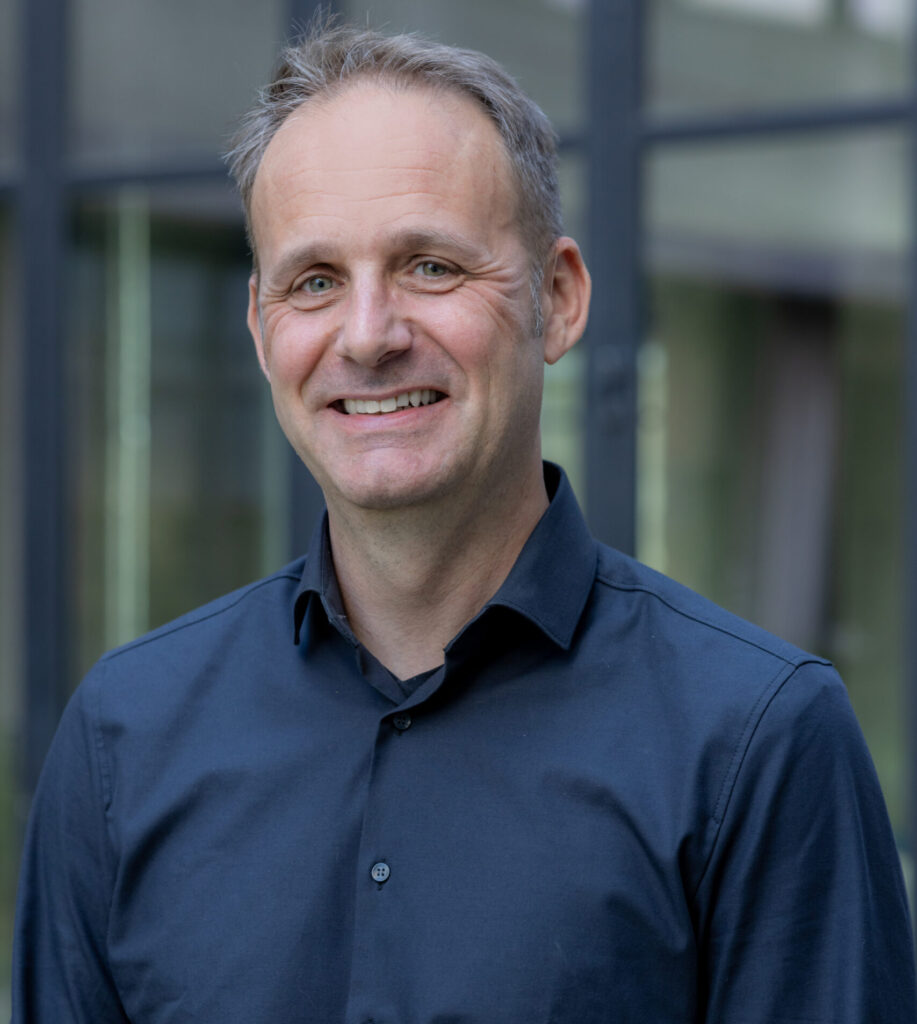
Co-founder Stefan De Wachter highlights the importance of collaboration: “By combining the expertise and resources from renowned institutions, we have been able to advance our therapy into human trials within just two years, an achievement that typically takes much longer in this field. Thanks to the University of Antwerp, we gained access to world-class research facilities and expertise, which significantly accelerated our journey from academic idea to tangible product. We are excited to see how this therapy can make a real difference for patients, both locally and globally.

Innocens is a spin-off from UZA and the University of Antwerp. The company is dedicated to developing AI-driven solutions to support clinical decision-making in neonatal intensive care. By leveraging advanced machine learning techniques, they detect patterns in patient data to provide early warning signals of life-threatening conditions.
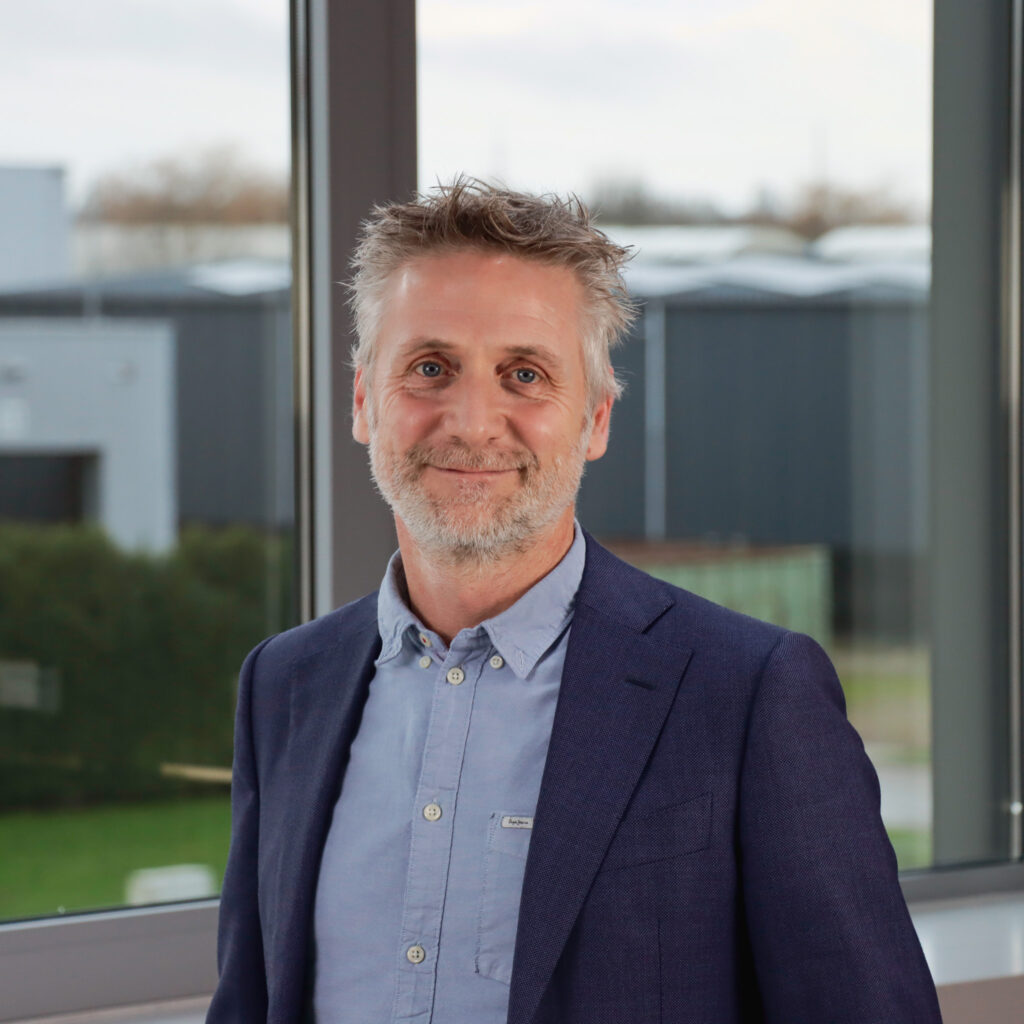
CEO David Van Laere emphasises the advantages of being part of Antwerp’s innovation ecosystem: “Antwerp has everything a healthtech start-up needs: a leading university, top-tier hospitals, and a robust innovation network. The close collaboration between research institutions, clinicians, and entrepreneurs creates an environment where new technologies can rapidly move from concept to clinical application. Being connected to the university gives us credibility, access to expertise, and a direct link to ongoing research, which is crucial for building impactful healthcare solutions.”
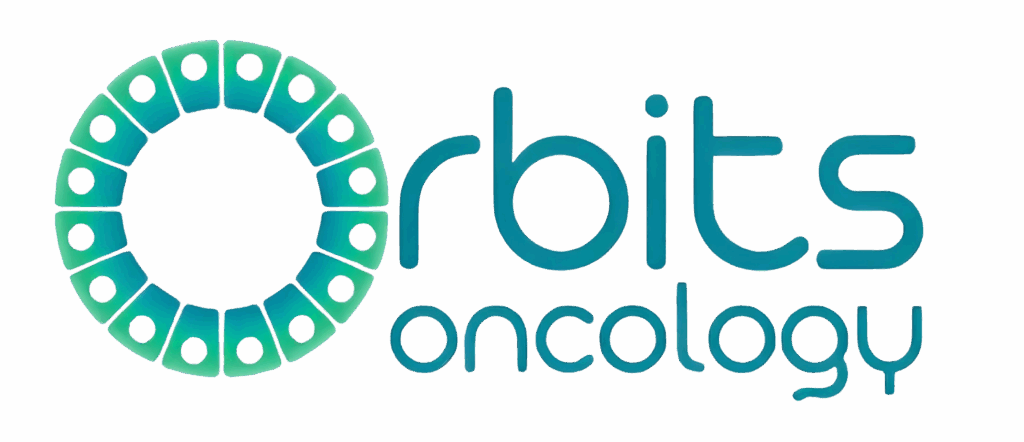
University of Antwerp’s spin-off Orbits Oncology is a deep learning solution to match the right cancer therapies to the right patients. Their computational platform builds predictive models of real-world patient drug responses using clinical data and lab data from advanced analysis of human-like tumor models, called organoids. Their vision is to build predictive models for every solid tumor, making drug development faster and more effective and personalising patient treatment.

CEO Abraham Lin shares how the university’s support has been pivotal to their success: “Real innovation happens when top-tier scientists collaborate across disciplines. At the University of Antwerp, we found a supportive environment where experts in oncology, AI, and engineering worked together seamlessly. That collaborative mindset, combined with the university’s support for spin-offs, has been crucial in turning our research into a real-world solution.”
THE COMMITMENT TO FOSTERING ENTREPRENEURSHIP IS REFLECTED IN THE UNIVERSITY’S GROWING NUMBER OF SPIN-OFFS IN A WIDE RANGE OF RESEARCH AREAS.

